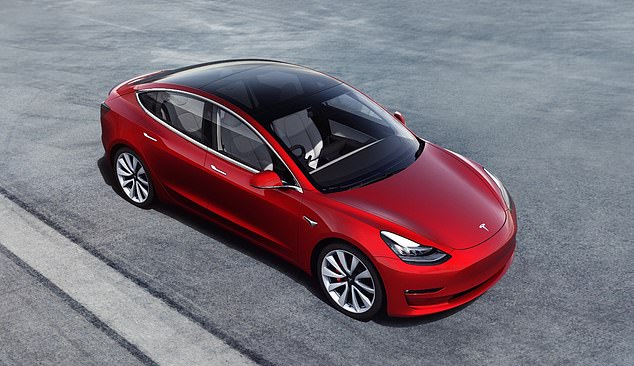
Tesla’s New Battery Development to Make Electric Cars as Affordable as Traditional Cars
Tesla has found a way to make batteries more affordable. The development of a new type of battery is less expensive, lasts longer, and can be re-used after the lifecycle of the vehicle. This development will ultimately reduce the purchase costs of electric vehicles as a whole and make them as affordable as conventional combustion engine vehicles.

RELATED: Tesla’s Best Q1 Sales Ever Prove It’s Still on Top of the EV Game
New battery ingredients
According to a report published by Reuters, Tesla, and a company called CATL, Contemporary Amperex Technology Ltd., have recently been exploring using lithium-iron-phosphate batteries. These types of batteries use no cobalt. Cobalt is the most costly ingredient of current electric vehicles.
The new battery development also involves the packaging of the battery for Tesla. Instead of bundling batteries, the batteries are packaged in a cell-to-pack arrangement. This advancement lowers the weight of the battery pack.
RELATED: Maybe Your Next Family Car Should Be a Tesla Model 3
Although Tesla currently jointly produces cobalt-aluminum-batteries with Panasonic at a gigafactory in Nevada, this new development of battery type with the lithium-iron-phosphate with CATL is expected to start being used pretty quickly with early adoption in China for the Model 3. No word yet on a response from Panasonic on the development. But, this could prove to be a tricky relationship obstacle between Tesla, Panasonic, and CATL.
New batteries last longer and can be repurposed
Additionally, the new lithium-iron-phosphate batteries could extend the battery life out to one million miles. This means after the lifecycle of the vehicle has terminated, the batteries can still be repurposed for use in a second or third life. According to Reuters,
“Tesla is working on recycling and recovery of such expensive metals as nickel, cobalt, and lithium, through its Redwood Materials affiliate, as well as new “second life” applications of electric vehicle batteries in grid storage systems, such as the one Tesla built in South Australia in 2017. The automaker also has said it wants to supply electricity to consumers and businesses, but has not provided details.”

New technology removes the electric car price premium
Previous industry estimates have placed $100 per kilowatt-hour as the point where electric cars reach parity with combustion engine vehicles. Tesla and CATL’s new battery development with the lithium-iron-phosphate is speculated to reduce costs down to $80 per kilowatt-hour. This means that the electric car could potentially reach the consumer with no premium penalty in cost.

RELATED: The Price of Electric Car Batteries is Dropping Fast
An official announcement from Tesla expected on “Battery Day” in late May. The actual date of Battery Day has not yet been determined. Regardless, that day will be full of people eagerly awaiting the fine details of the development.
Any development of new batteries technology is significant for people and companies that lean toward electrification. If the announcement later this month proves to be what Reuters has reported, then the automotive industry as a whole could be turned on its head. No longer will consumers have to pay a premium for an electric vehicle. Also, the battery’s lifecycle will last one million miles. So, repurposing batteries for alternate uses will be possible. This is a picture of a cleaner, more electrified, less expensive future.


